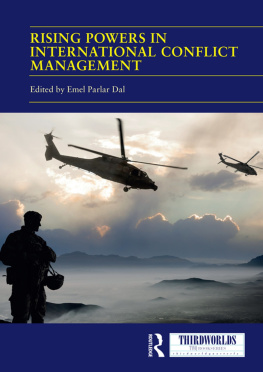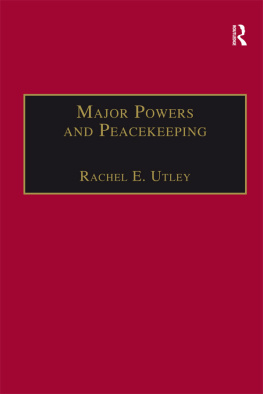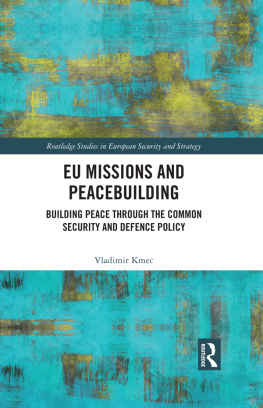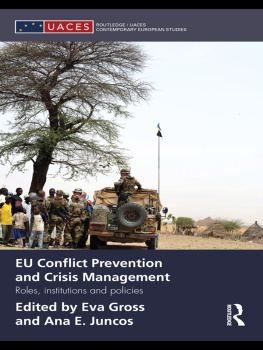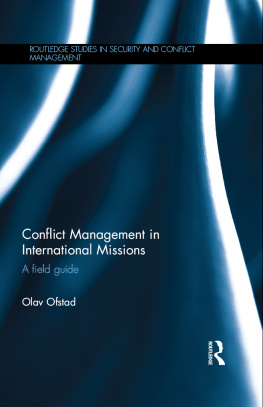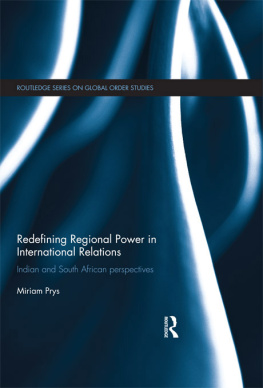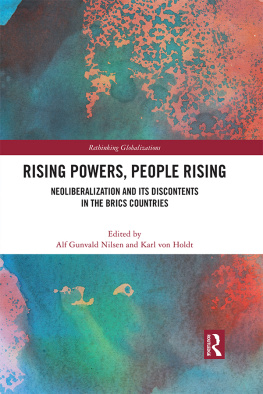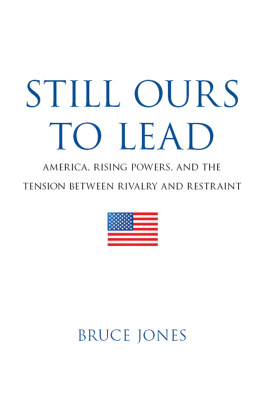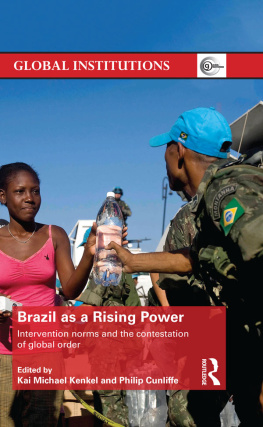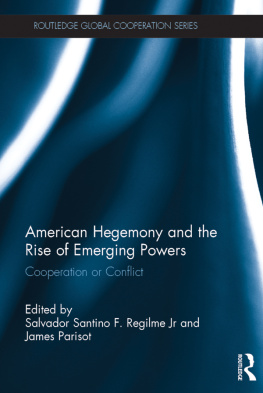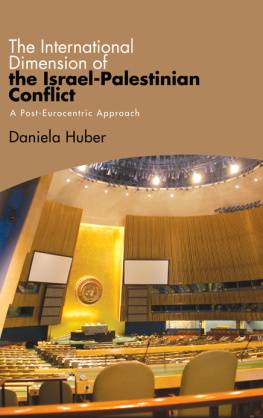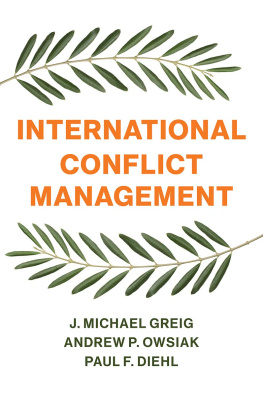Emel Parlar Dal - Rising Powers in International Conflict Management: Converging and Contesting Approaches
Here you can read online Emel Parlar Dal - Rising Powers in International Conflict Management: Converging and Contesting Approaches full text of the book (entire story) in english for free. Download pdf and epub, get meaning, cover and reviews about this ebook. City: London, year: 2020, publisher: Routledge, genre: Science / Politics. Description of the work, (preface) as well as reviews are available. Best literature library LitArk.com created for fans of good reading and offers a wide selection of genres:
Romance novel
Science fiction
Adventure
Detective
Science
History
Home and family
Prose
Art
Politics
Computer
Non-fiction
Religion
Business
Children
Humor
Choose a favorite category and find really read worthwhile books. Enjoy immersion in the world of imagination, feel the emotions of the characters or learn something new for yourself, make an fascinating discovery.
- Book:Rising Powers in International Conflict Management: Converging and Contesting Approaches
- Author:
- Publisher:Routledge
- Genre:
- Year:2020
- City:London
- Rating:5 / 5
- Favourites:Add to favourites
- Your mark:
Rising Powers in International Conflict Management: Converging and Contesting Approaches: summary, description and annotation
We offer to read an annotation, description, summary or preface (depends on what the author of the book "Rising Powers in International Conflict Management: Converging and Contesting Approaches" wrote himself). If you haven't found the necessary information about the book — write in the comments, we will try to find it.
Rising Powers in International Conflict Management locates rising powers in the international conflict management tableau and decrypts their main motives and limitations in the enactment of their peacebuilding role.
The book sheds light on commonalities and divergences in a selected group of rising powers (namely Brazil, India, China, and Turkey) understanding and applications of conflict management and explains the priorities in their conflict management strategies from conceptual/theoretical and empirical aspects. The case studies point to the evolving nature of conflict management policies of rising powers as a result of their changing priorities in foreign and security policy and the shifts observed in the international order since the end of the Cold War. The country-specific perspectives provided in this study have also proven right the potentialities of rising powers in managing conflicts, as well as their past and ongoing challenges in envisaging crises in both their own regions and extra-regional territories.
Improving the understanding of the strengths and weaknesses of rising powers as conflict management actors and peacebuilders at regional and international levels, Rising Powers in International Conflict Management will be of great interest to scholars of international relations, conflict studies, and peacebuilding. The chapters were originally published as a special issue of Third World Quarterly.
Emel Parlar Dal: author's other books
Who wrote Rising Powers in International Conflict Management: Converging and Contesting Approaches? Find out the surname, the name of the author of the book and a list of all author's works by series.

